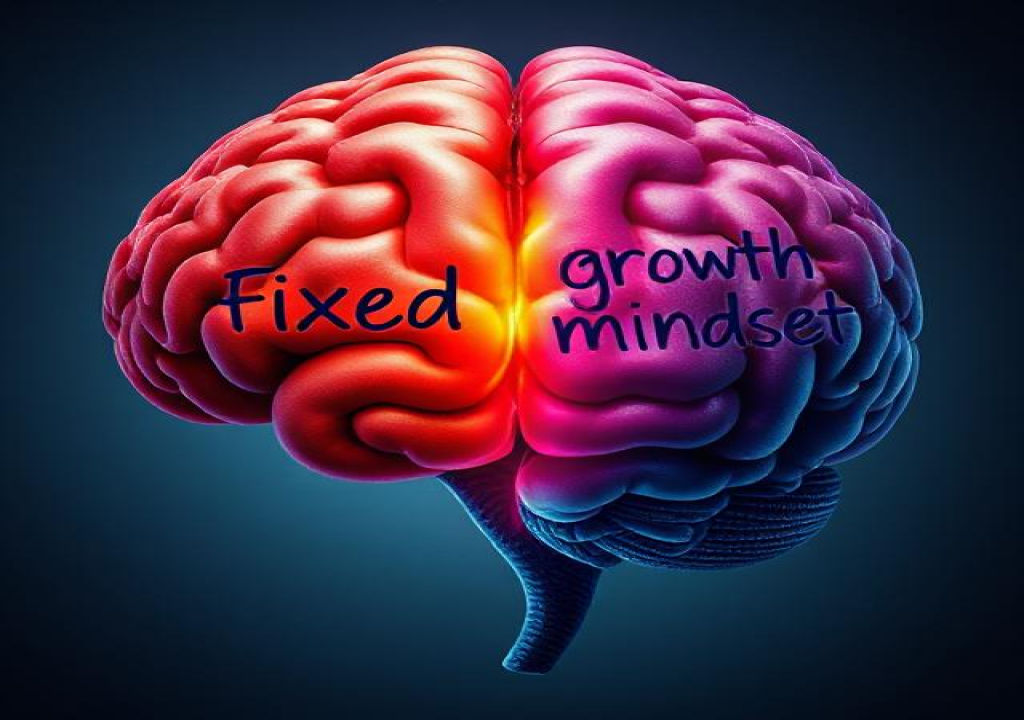In a world that constantly challenges our abilities and beliefs, the concept of a growth mindset has emerged as a transformative approach to personal and professional development. Coined by psychologist Carol Dweck, a growth mindset is the belief that our abilities and intelligence can be developed through dedication and hard work. This contrasts with a fixed mindset, where individuals believe their qualities are static and unchangeable. Here’s how to cultivate a growth mindset and unlock your potential.
Understanding Growth vs. Fixed Mindset
- Growth Mindset: People with a growth mindset embrace challenges, persevere through difficulties, and see effort as a pathway to mastery. They view failures as opportunities to learn and improve.
- Fixed Mindset: Those with a fixed mindset avoid challenges, give up easily, and see effort as fruitless. They often feel threatened by the success of others and may be discouraged by setbacks.
Why a Growth Mindset Matters
Adopting a growth mindset can lead to greater achievement, enhanced resilience, and improved mental well-being. It fosters a love for learning and encourages continuous self-improvement, making individuals more adaptable in the face of change.
Strategies for Developing a Growth Mindset
Embrace Challenges
Instead of shying away from difficulties, view challenges as opportunities for growth. Taking on new projects or tackling difficult tasks can build your skills and confidence. Remember, the path to mastery often involves stepping outside your comfort zone.
Learn from Feedback
Constructive criticism can be invaluable for growth. Rather than taking feedback personally, use it as a tool for improvement. Reflect on the input you receive and identify actionable steps to enhance your skills.
Cultivate Curiosity
A curious mind is open to learning. Ask questions, seek out new information, and explore unfamiliar subjects. This willingness to learn expands your knowledge base and encourages a continuous pursuit of personal growth.
Focus on Effort, Not Just Results
Celebrate your effort and perseverance rather than solely focusing on outcomes. Recognize that hard work is a significant part of the journey toward success. By valuing the process, you’ll develop resilience and a deeper appreciation for your achievements.
Reframe Failure
Shift your perspective on failure. Instead of viewing it as a reflection of your abilities, see it as an opportunity to learn. Analyze what went wrong, extract valuable lessons, and use that knowledge to inform future attempts.
Surround Yourself with Growth-Minded Individuals
The company you keep influences your mindset. Surround yourself with people who inspire you, challenge you, and encourage a growth-oriented perspective. Engaging with like-minded individuals fosters an environment conducive to personal development.
Set Learning Goals
Rather than only setting performance-based goals (like achieving a certain grade or landing a promotion), incorporate learning goals. Focus on acquiring new skills, gaining experiences, and expanding your knowledge. This shift emphasizes growth over mere achievement.
Practice Self-Compassion
Be kind to yourself during setbacks and challenges. Recognize that everyone experiences difficulties and that growth is a gradual process. Self-compassion helps mitigate negative feelings and encourages a healthier approach to learning and improvement.
Conclusion
Developing a growth mindset is a powerful way to unlock your potential and embrace the journey of lifelong learning. By shifting your perspective, embracing challenges, and valuing effort, you’ll cultivate resilience and adaptability. Remember, it’s not about being perfect; it’s about being open to growth and continuously striving to improve. With dedication and a growth-oriented approach, you can navigate life’s challenges with confidence and creativity.


Hello. And Nice one https://google.com?Daunc .
RoDaunc
Thanks for your comments